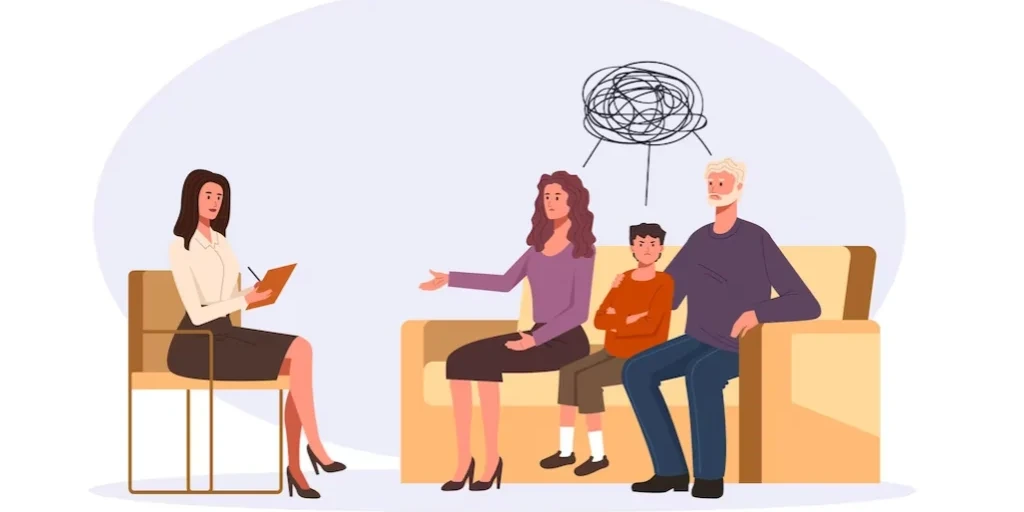24/7 Helpline:
(866) 899-111424/7 Helpline:
(866) 899-1114
Learn more about Anxiety Treatment centers in Ivy
Anxiety Treatment in Other Cities
Other Categories in Ivy

Other Insurance Options

Humana

Highmark

GEHA

UnitedHealth Group

Magellan

ComPsych

Absolute Total Care

MVP Healthcare

Choice Care Network

Cigna

American Behavioral

Lucent

BlueShield

BHS | Behavioral Health Systems

Magellan Health

Ambetter

Meritain
Beacon

Amerigroup

Evernorth




























































































































Region Ten Community Services Board – Crozet
Region Ten Community Services Board is a non-profit rehab located in Crozet, VA. Region Ten Communit...




































































